Test Automation with Python
Unlock the potential of Python test automation with our PyTest Essentials course, empowering QA professionals with hands-on skills in writing, organizing, and executing effective test suites.
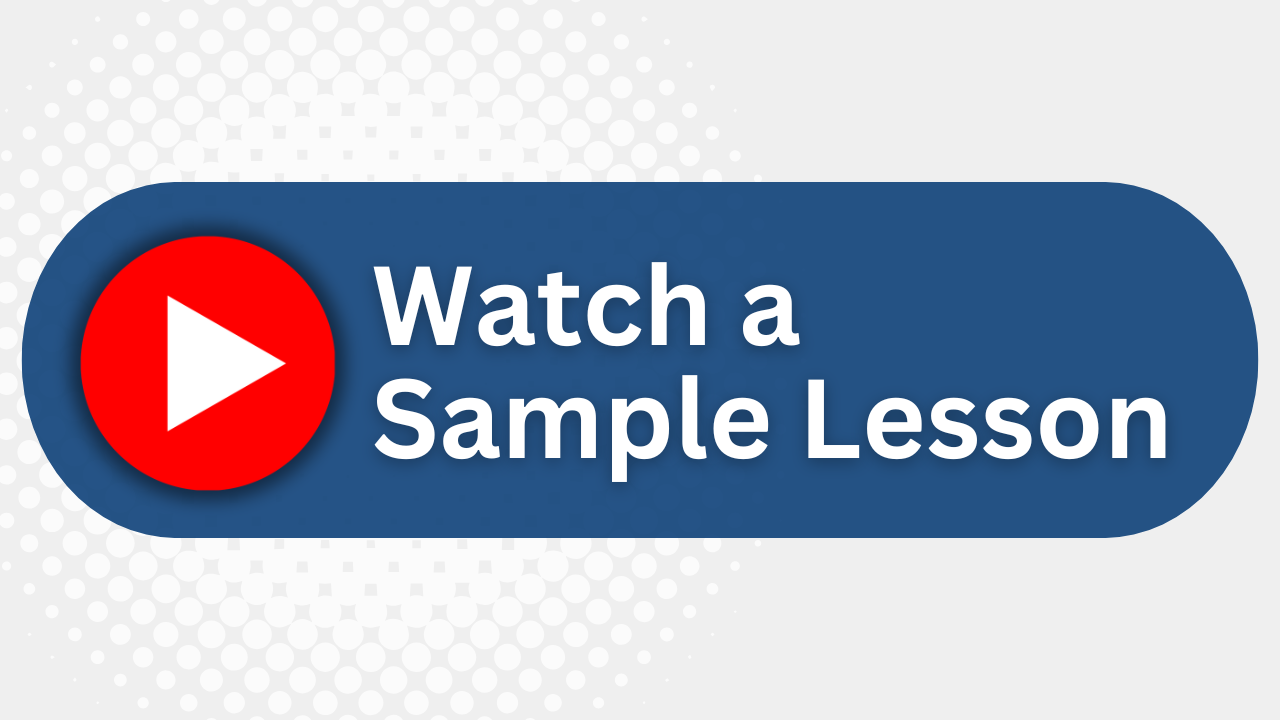
Essential Skills Gained

Design automated test scenarios using PyTest frameworks.

Implement efficient test cases with parameterization and fixtures.

Interpret test reports for actionable insights in development cycles.

Apply best practices for maintainable and scalable test suites.
Format
- Instructor-led
- 3 days with lectures and hands-on labs.
Audience
- QA professionals
- Test team members
- Python developers
- Software testers
Description
Test Automation with Python / PyTest Essentials is a three day, hands-on course geared for QA professionals and testers with basic Python expertise that explores automated testing with PyTest. You'll gain proficiency in writing clear and effective automated tests, organizing and managing test cases, and utilizing PyTest's fixtures for optimal configuration of test environments. You'll also explore interpreting test reports for actionable insights and employing best practices for maintainable test suites. The program emphasizes practical, hands-on experience, guided by an expert, with 50% of the course dedicated to interactive labs, ensuring that you'll develop real-world skills that are directly applicable to their daily work in modern business enterprises. Throughout the course you'll learn and practice with core functionalities of PyTest, such as parameterization to maximize test coverage and the use of markers for test selection. By exploring PyTest's powerful built-in features, you'll learn how to streamline your testing process and learn how to work with complex testing scenarios. The focus on organizing tests and adopting PyTest conventions will provide you with an in-depth, practical understanding of efficient test structuring, critical for swift troubleshooting and agile adaptation in fast-paced development environments. Lastly, you'll learn how to apply these skills in a practical way, making you job ready right after class. You'll exit this course equipped with the skills required to construct robust test suites and advance your testing capabilities.
Upcoming Course Dates
No upcoming dates. Please check back later.
Course Outline
Download PDFOptional Pre-Course Prep
Quick review of Python programming basics and core concepts.
Introduction to the idea of automated testing and its benefits.
Installation guide for Python, PyTest, pip, and a simple text editor like Sublime.
Tools: Python, PyTest, pip, Sublime Text (or similar basic editor).
Day 1: Building Foundations in Automated Testing with PyTest
Introduction to Automated Testing with PyTest
Grasp the fundamentals of automated testing and where PyTest fits in.
Understanding the need for automated testing in software development.
The anatomy of a simple PyTest test case.
Exploring the user-friendly features of PyTest for beginners.
Writing Basic PyTest Test Cases
Learn how to write and structure simple test cases in PyTest.
Introduction to assertions and why they're key to testing.
The basics of test discovery and naming conventions.
Understanding PyTest's command-line options to execute tests.
Lab
Organizing Tests
Discover how to efficiently organize your tests for clarity and ease of access.
Grouping tests and understanding the purpose of markers.
Introduction to fixtures for reusable test setup and teardown.
Configuring PyTest with a simple pytest.ini file.
Parameterizing Tests
Explore how to write tests that can run with different inputs.
Introduction to the concept of parameterization in tests.
How to use parameterization to cover more test scenarios.
Simple strategies for efficient test writing.
Lab
Day 2: Expanding Test Skills with PyTest
Diving Deeper into Fixtures
Deepen your understanding of fixtures for more complex test scenarios.
Sharing fixtures across multiple test files with conftest.py.
Using scope to control setup and teardown behavior.
Utilizing autouse fixtures for automatic application.
Exploring Built-in PyTest Features
Learn about the built-in features of PyTest that make writing tests easier.
Built-in fixtures for common test scenarios.
Using built-in marks to skip or expect failures in tests.
Introduction to the -k expression for targeted test runs.
Lab
Enhancing Test Reports
Discover how to generate and interpret test reports for better insights.
Using command-line options for verbose test reports.
Introduction to pytest-html for generating HTML reports.
Best practices for reading and analyzing test outcomes.
Lab
Adopting PyTest Best Practices
Adopt best practices for maintainable and efficient testing with PyTest.
Structuring your test project for long-term maintainability.
Naming conventions and organization tips for easy navigation.
Techniques for writing clear, concise, and effective test cases.
Lab
Day 3: Mastering Essential PyTest Techniques
Testing Data-Driven Applications
Equip yourself with techniques to test applications driven by various data sets.
Deeper dive into parameterization for data-driven tests.
Utilizing CSV and JSON files for test data.
Strategies for managing test data files and directories.
Lab
Handling Test Failures and Errors
Understand the nuances of handling test failures and errors gracefully.
Differentiating between assertion errors and test failures.
Employing strategies to investigate and resolve test failures.
Introduction to PyTest's xfail and xpass outcomes.
Lab
PyTest Assertions and Assumptions
Master the art of assertions and assumptions for robust test cases.
Advanced assertions for more comprehensive tests.
Understanding and using the assume plugin for non-critical assertions.
Customizing assertion messages for clarity.
Lab
Practical Test Case Development
Bring together all the concepts learned to develop practical, real-world test cases.
Developing tests for common application functionalities.
Strategies for incrementally building test suites alongside development.
Tips for keeping tests readable and easy to understand.
Lab
Your Team has Unique Training Needs.
Your team deserves training as unique as they are.
Let us tailor the course to your needs at no extra cost.
See What Other Engineers Are Saying
Trusted by Engineers at:
and more...
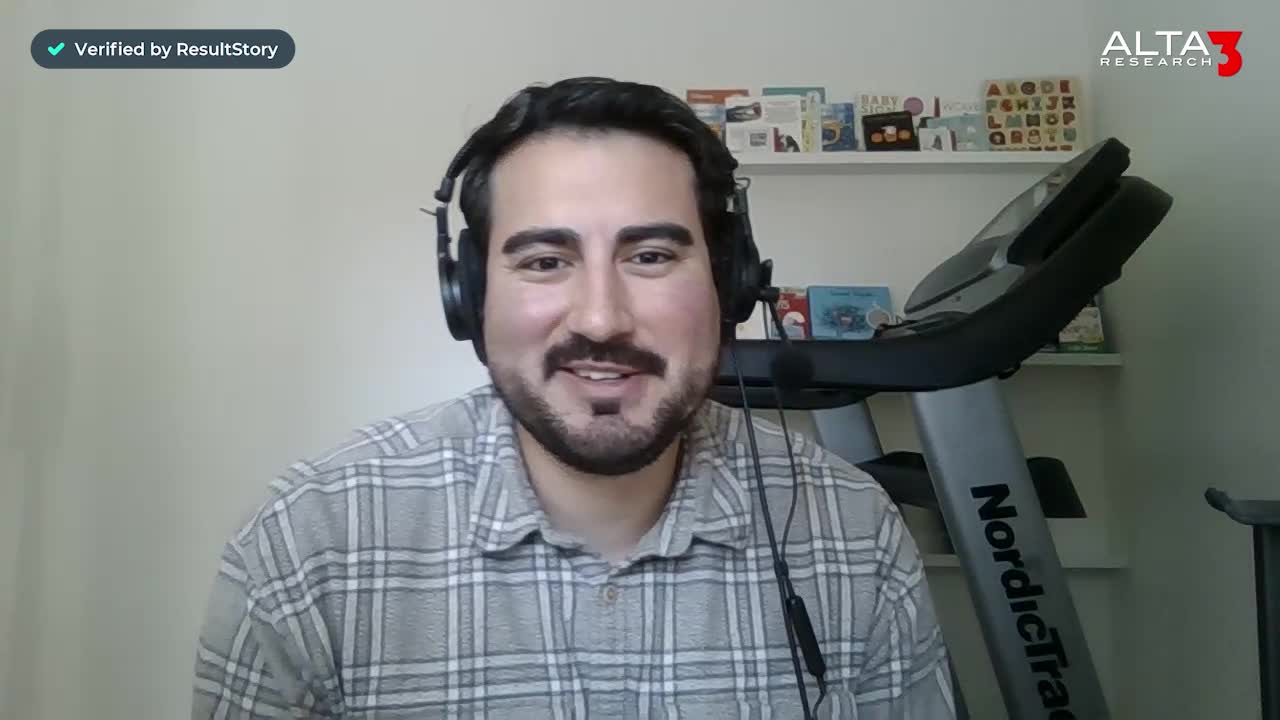
Aaron Steele

Casey Pense
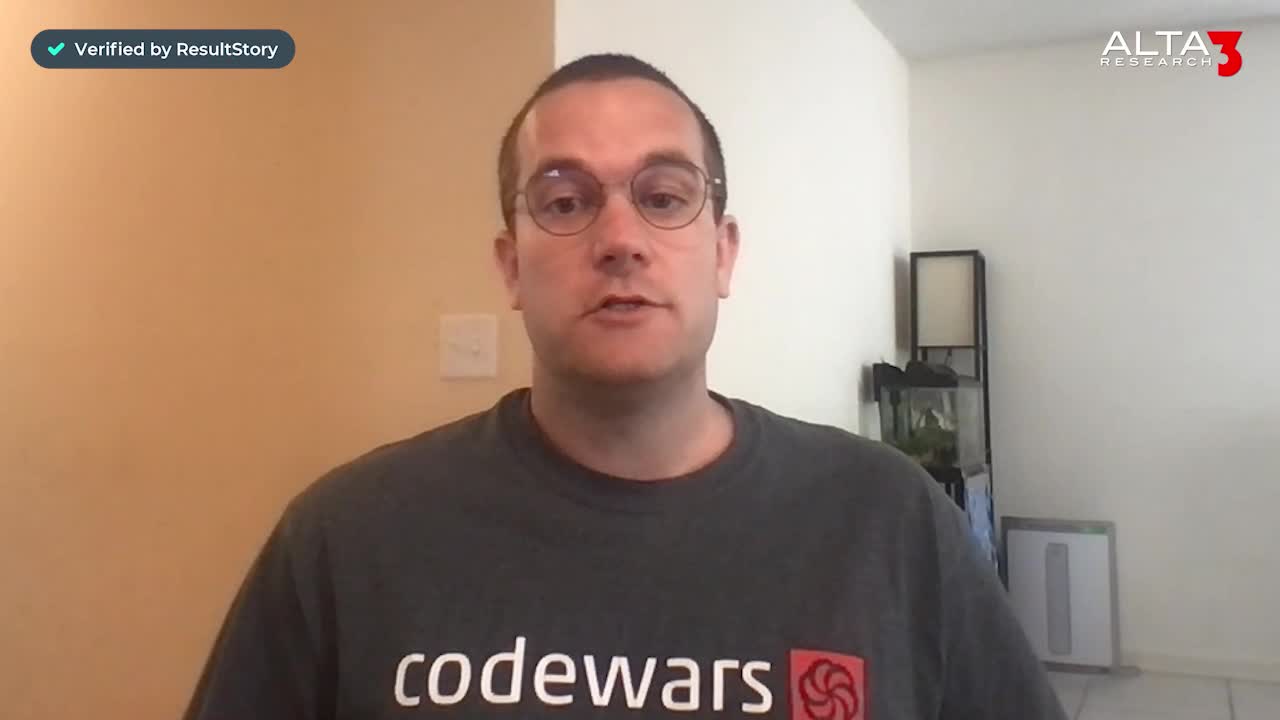
Chris Tsantiris

Javier Martin

Justin Gilley
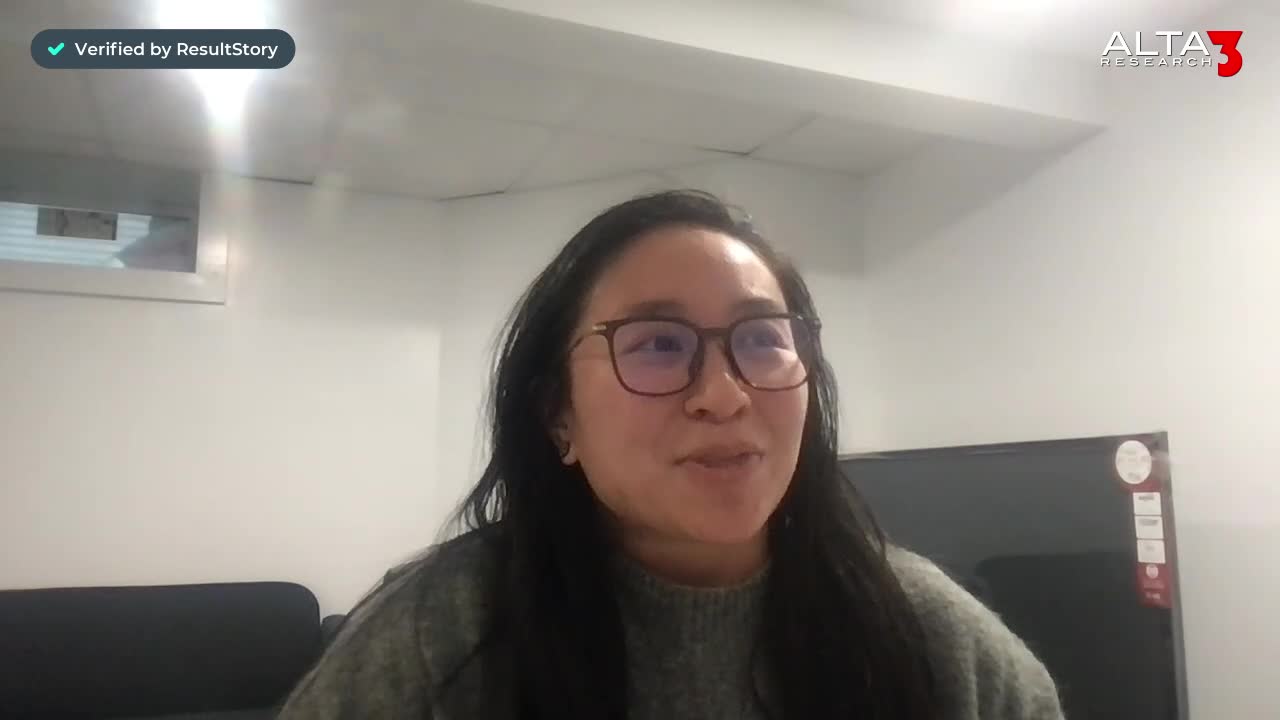
Kathy Le

Kelson Smith
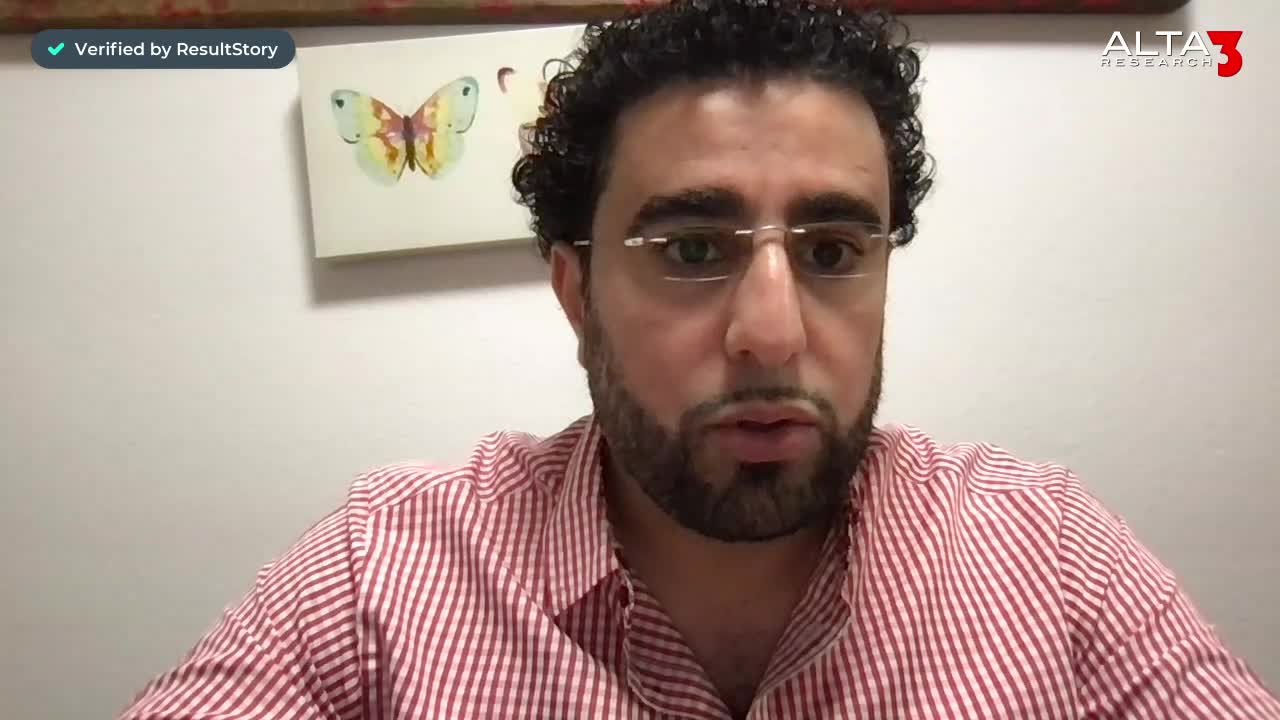
Oussama Azzam

Pascal Rodmacq

Randall Granier

Aaron Steele

Casey Pense

Chris Tsantiris

Javier Martin

Justin Gilley

Kathy Le

Kelson Smith

Oussama Azzam

Pascal Rodmacq

Randall Granier